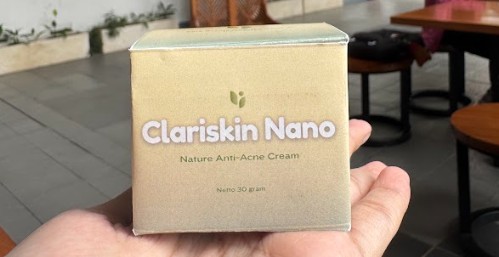Karsa Loka Volume 007: Islamic Boarding School and Community Service
By Adi Permana
Editor Adi Permana

BANDUNG, itb.ac.id-- As a collaboration between Rabithah Ma'ahid Islamiyah (RMI) Executive Board of the Nahdlatul Ulama (PBNU) with Institut Teknologi Bandung in the use of appropriate technology for Islamic boarding schools, a talk show titled "Islamic Boarding School Workshop: Social-Lab for Integrated Agriculture-Based Innovation" is hosted on Friday (7/5/2021).
This event is a regular agenda from LPPM ITB. It was held in two sessions this time, with the first session featuring Angga Dwiartama, Ph.D. from the School of Life Science and Technology of ITB and Alhilal Furqan, Ph.D. from School of Architecture, Planning, and Policy Development of ITB presenting the theme “Islamic Boarding School and Community Development”.
The session was hosted by dr. Rizwa Nafiati from RMI NU began with an explanation of the linkage between agriculture and social transformation. From hunting and gathering to learning about agriculture, the answer to this issue may be observed in how the interaction between the community and nature changes over time. Similarly, the community's structure used to be simple and not as complicated as it is now.
In Islam, Islamic boarding schools play a significant part in the improvement and development of society. According to Eric Holt-Gimenez, these shifts can be divided into four categories: conservative, reformist, progressive, and radical. It is hoped that the modifications will be reformist and progressive. These adjustments are incremental, but they have the potential to improve social conditions.
Islamic boarding schools, according to Alhilal Furqon, also play a role in rural communities. The concept of Islamic boarding schools, which is widely recognized in rural regions, is the driving force behind this. The major activities of Islamic boarding schools are da’wah, tarbiyah, and nashrul fiqah, which are typically complemented by other functions such as agricultural production, industry, and so on.
"What I'd like to propose here is that we update the function without losing sight of its main purpose," he explained. According to Furqon, the meaning of tourism, such as destinations and tourist attractions, can also be viewed as a message of preaching (syiar da’wah) to the general public. The urban community, or urban groups as tourists, is the larger community referred to here.
Syiar da’wah has frequently been used as a function of tourism, including as a medium for quick learning in the form of crash courses and introductions to the Islamic boarding school's culture and traditions. In terms of tourism, urban communities often seek for sites that adhere to the concept of sustainability; the trend of global visitors is also relevant to Islamic boarding schools' tourism functions.
Alhilal went on to say that the rural tourism method or community-based development require certain stages to be followed. Steps 1–4 are steps to develop tourism that begin with assessing the community's needs. Following the stages of development, the community is then educated, groups or individual activists are identified, and community organizations are prepared and developed.
"This sector must be supported to survive as the next step after development," he explained. He further said, "This can be actualized through cooperation with other parties, appropriate approaches, packaging in such a way that the product is salable, identifying markets, and the process of monitoring performance from start to finish."
Reporter: Athira Syifa P. S. (Postharvest Technology, 2019)
Translator: Sekar Dianwidi Bisowarno (Bioengineering, 2019)

.jpg)
.jpg)
.jpg)
.jpg)

